Enhancing Electric Vehicle Compatibility:How Chargers Can Seamlessly Integrate Across Different Models
In the rapidly evolving landscape of electric vehicles (EVs), one critical aspect that demands attention is the compatibility and integration of chargers across different types of electric vehicles. As the market for EVs continues to expand, ensuring that chargers are versatile and easily integrated with various models is paramount. This article delves into the importance of charger compatibility, the challenges involved, and the solutions to streamline the integration process.
Significance of Charger Compatibility in the EV Market
The electric vehicle market is witnessing a surge in innovation and adoption, with an array of models catering to diverse consumer needs. However, this diversity poses a challenge when it comes to charging infrastructure. For widespread acceptance and usability of EVs, it is imperative that chargers are designed to seamlessly integrate with different types of electric vehicles. This not only enhances user experience but also accelerates the transition to sustainable transportation.
Challenges in Integrating Chargers Across Different EV Models
One of the primary challenges in charger integration lies in the varied specifications and requirements of electric vehicles. Different manufacturers utilize distinct charging standards, connectors, and power capacities, leading to compatibility issues. Additionally, the evolving technology landscape introduces complexities in aligning chargers with the latest advancements in electric vehicle design.
Solutions for Streamlining Charger Integration
To address the compatibility concerns and streamline charger integration across different EV models, innovative solutions are emerging. One promising approach is the development of universal charging standards that can accommodate various electric vehicle specifications. Implementing advanced communication protocols and smart technologies in chargers enables dynamic adjustment to different vehicle requirements, thereby enhancing compatibility.
Moreover, standardization of charger connectors and power output levels plays a vital role in simplifying the integration process. By establishing common industry standards, manufacturers can ensure interoperability and ease of use for EV owners. Collaborative efforts between automakers, charging infrastructure providers, and regulatory bodies are essential to drive uniformity in charger integration practices.
Conclusion
In conclusion, the seamless integration of chargers across different types of electric vehicles is a critical factor in promoting the widespread adoption of EVs. By addressing compatibility challenges through standardization, innovative technologies, and industry collaboration, we can enhance the usability and convenience of electric vehicle charging infrastructure. Embracing a future where chargers effortlessly cater to diverse EV models will accelerate the transition towards sustainable and eco-friendly transportation solutions.
Shenzhen Sympres Technology Co. Ltd
a leading provider of innovative and reliable EV chargers and wallbox chargers.
www.symplug.com
Whatsapp: +8613537523979
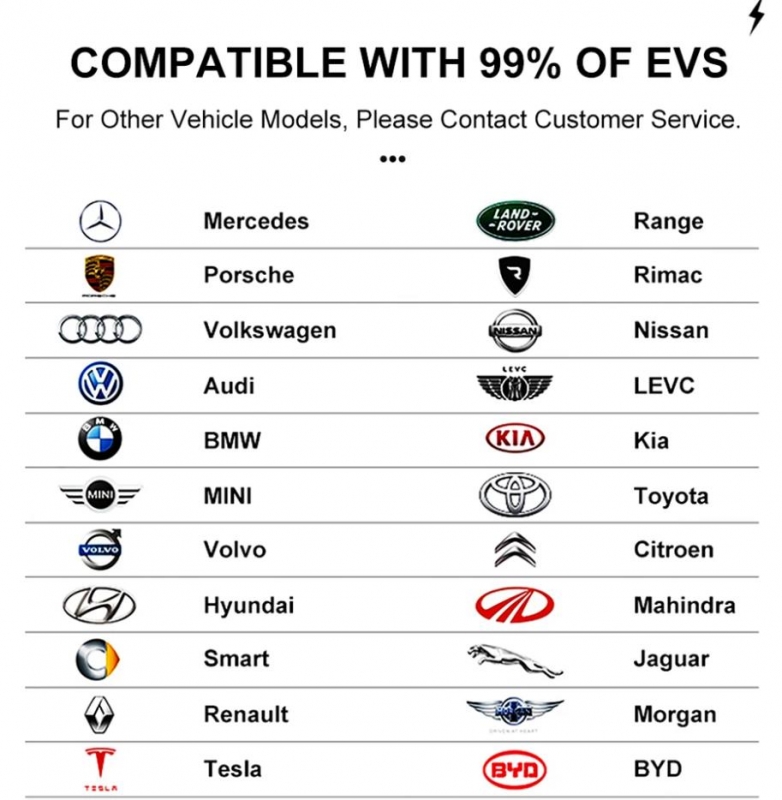

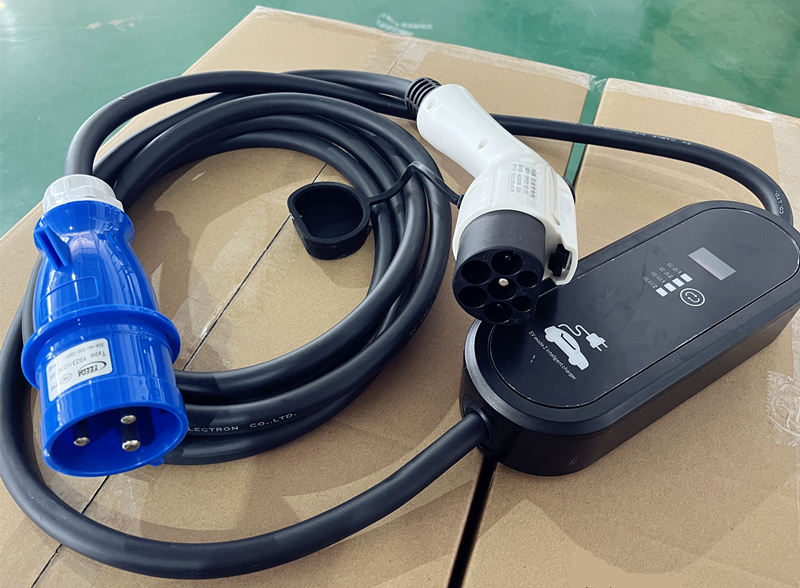
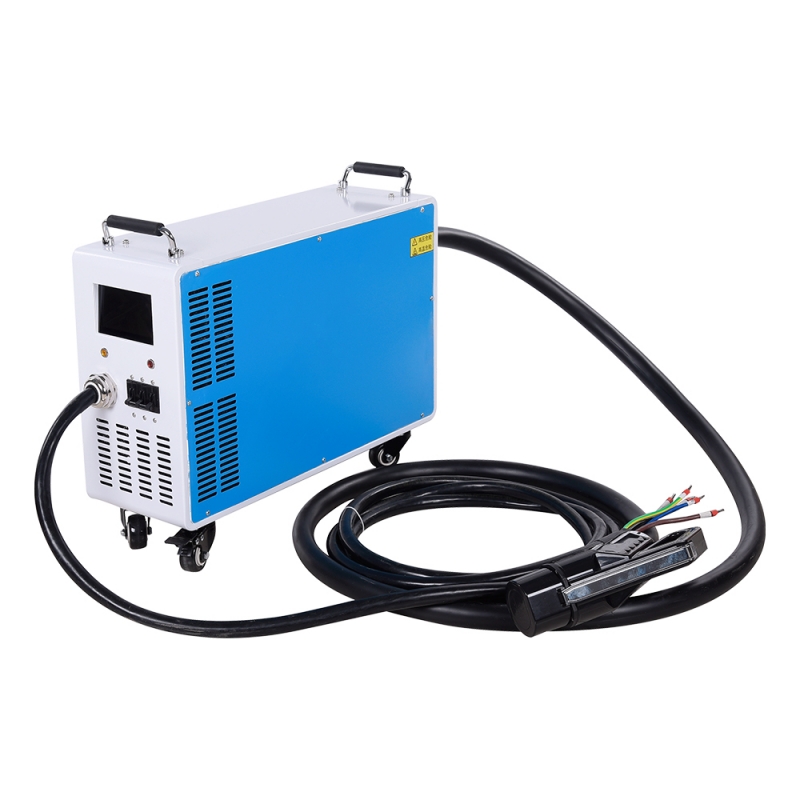
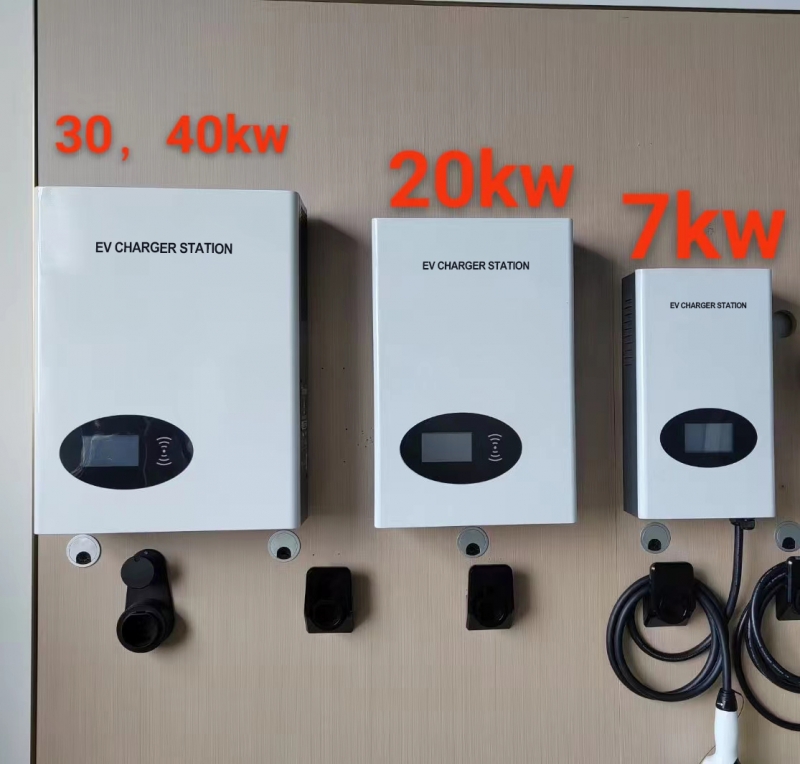
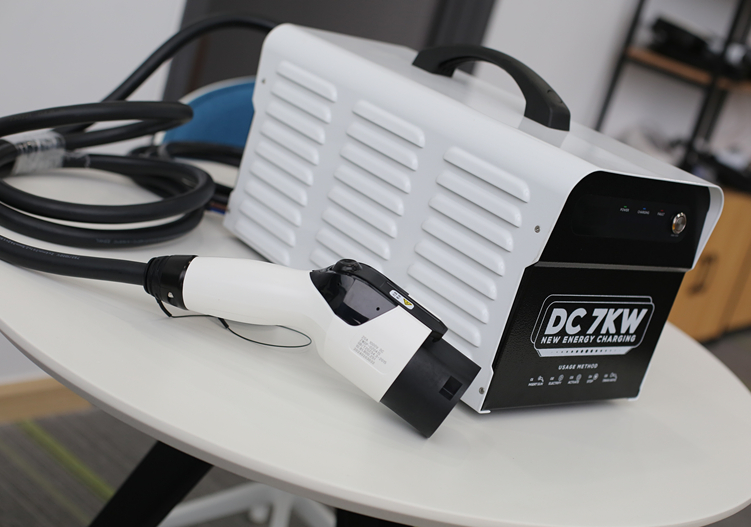
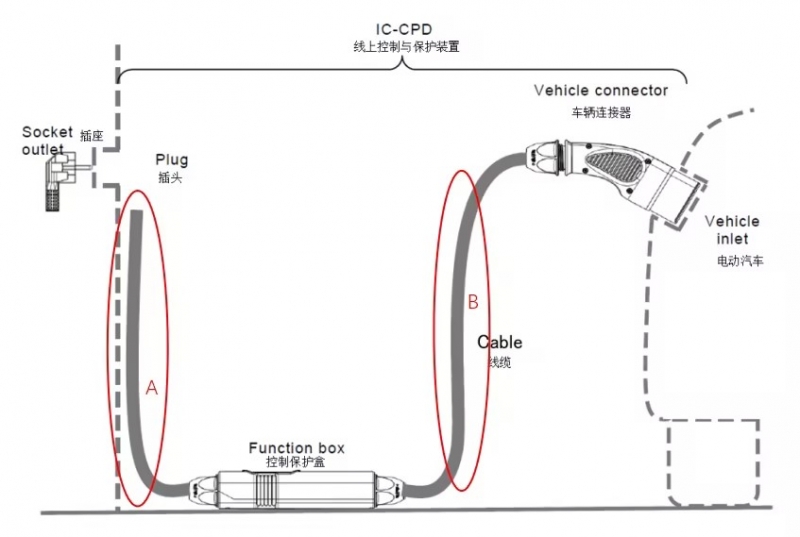

 Send Email
Send Email Jane_ev
Jane_ev